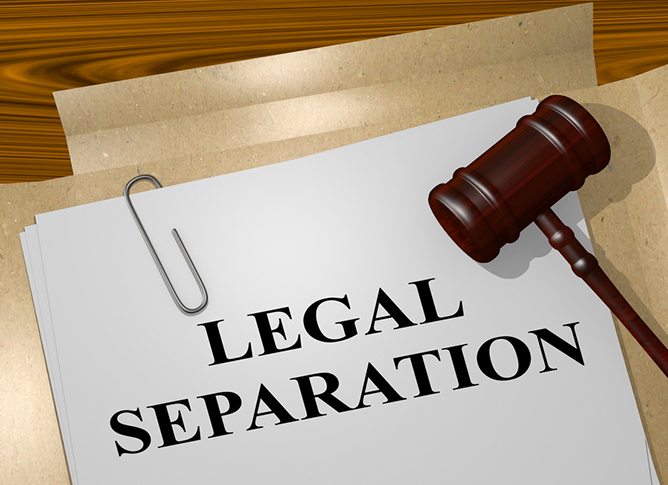
Alcohol and drug use have long been a source of conflict for couples getting divorced, perhaps even more so today with the well-publicized opioid epidemic raging across the country. Therefore, it should come as no surprise that a parent may want a coparent or ex-spouse to undergo drug testing.
Addiction could certainly affect a parent’s ability to meet the challenges of raising a family, including day-to-day issues of caring and nurturing the children as well as the insidious grip that addiction has on one’s ability to deal with the stresses as a single parent.
Judges can order drug testing
Judges are able to order drug testing for one or both parents as they try determine custody or visitation rights. Instead of a simple accusation of the father, however, the bench will need strong evidence of continued, habitual or frequent illegal drug use, or abuse of prescription drugs or alcohol by the mother, or vice-versa.
How the testing works
If a California court decides to order testing, it will be done in the least intrusive manner possible while still conforming to the federal and state policies for drug and alcohol testing. This means it is similar to what employers use for employees rather than an arrest for DUI. Generally, this would be urine testing. The parent who tests positive also has the opportunity to fight the result in a hearing.
Custody and visitation rights
California law stipulates that a positive drug test result alone is not grounds for denying custody and visitation rights. Instead, the judge will also consider other factors that are important to the best interests of the children. The court will also not look kindly upon one party calling for testing if there is little or no evidence to support the claim, and likely will see the accusation as an attempt to demonize or antagonize the spouse.
A delicate issue to discuss with a lawyer
Drug and alcohol addiction is a disease. So, making accusations against a coparent should be handled delicately after consulting with an attorney who handles family law issues like divorce, custody and modifications. They can often effectively and skillfully navigate this issue to protect the best interests of the children.
Related Posts

Tax Returns Amid Divorce: Should You File Jointly with Your Spouse or Not | Divorce Attorney Ventura
























